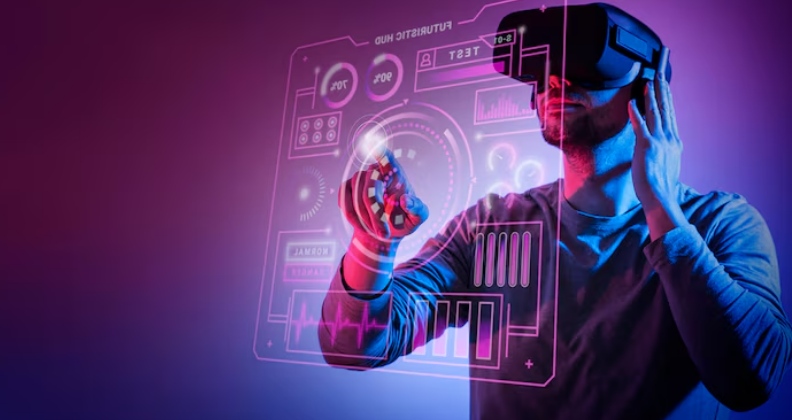There’s something powerful about watching a student’s eyes light up when they finally understand how HTML renders a webpage, or when their Python script works for the first time. It’s not just about the code — it’s about the quiet revolution taking place in minds that once believed tech was out of reach. In classrooms where curiosity outweighs resources, a shift is happening. From Lagos to Lusaka, Port Harcourt to Pretoria, the pulse of ICT is stronger than ever — and it’s growing.
You don’t need to come from a wealthy background or own the latest laptop to be part of this wave. What you need is the right mindset, a guiding community, and a willingness to learn. At OTS ICT Learning Academy, we see this daily. Youths come in with doubt and walk out with determination — equipped not only with technical skills but a renewed sense of purpose.
You want to build apps, solve real problems, or launch a career that pays? It begins with one thing: understanding the language of the digital world. And no, it’s not as complicated as it seems. Start small. Learn to structure a webpage. Learn to clean a dataset. Learn to design a prototype. These are real, usable skills that employers crave and the world runs on.
Someone once said, “Success isn’t built on success. It’s built on failure. It’s built on frustration. Sometimes it’s built on catastrophe.” That’s especially true in tech. You’ll fail, yes. But each broken code, each bug, each moment of confusion — is part of the build-up. And when you finally crack it, when it finally works — there’s no high like it.
“I don’t know why she surrendered — exhaustion, probably — but one afternoon in 1980 I was allowed.” The memory lingers of someone who finally let technology tell a story. Sometimes, the turning point isn’t loud. Sometimes, it’s just one afternoon, one screen, one spark — and suddenly, the future shifts.
We often tell our learners: surround yourself with the kind of people who believe in growth. People who see in you what you can’t yet see for yourself. Because success doesn’t just come from knowledge; it comes from energy, collaboration, and support. And that’s what we build here — not just developers, analysts, or designers, but a community.
What makes our students different? They don’t just finish courses. They solve problems. They build things. They contribute. They believe.
So when next you hear someone say ICT is not for everyone, tell them this: the keyboard doesn’t care about your background. The code doesn’t ask for your accent. And the internet? It’s waiting for you to shape it.
OTS is where it begins — one course, one project, one student at a time.






